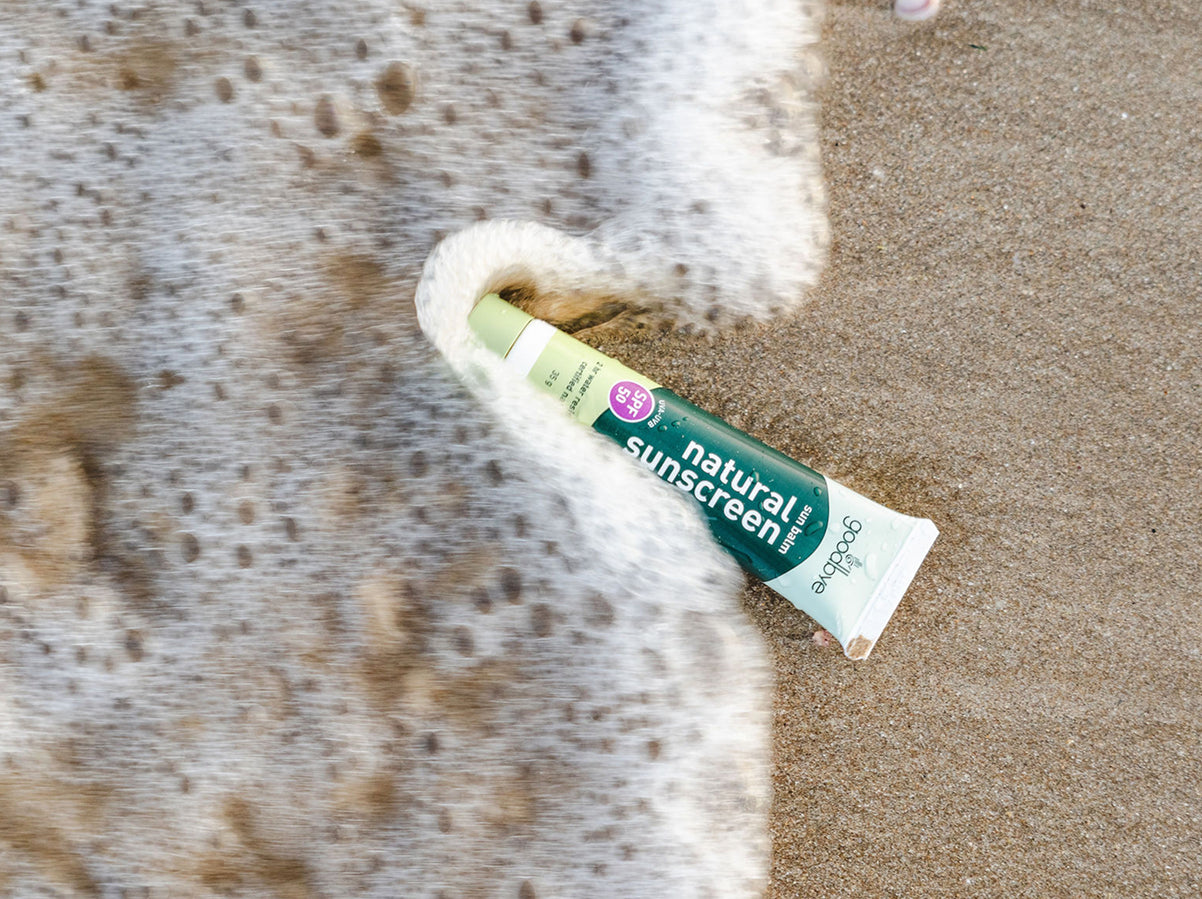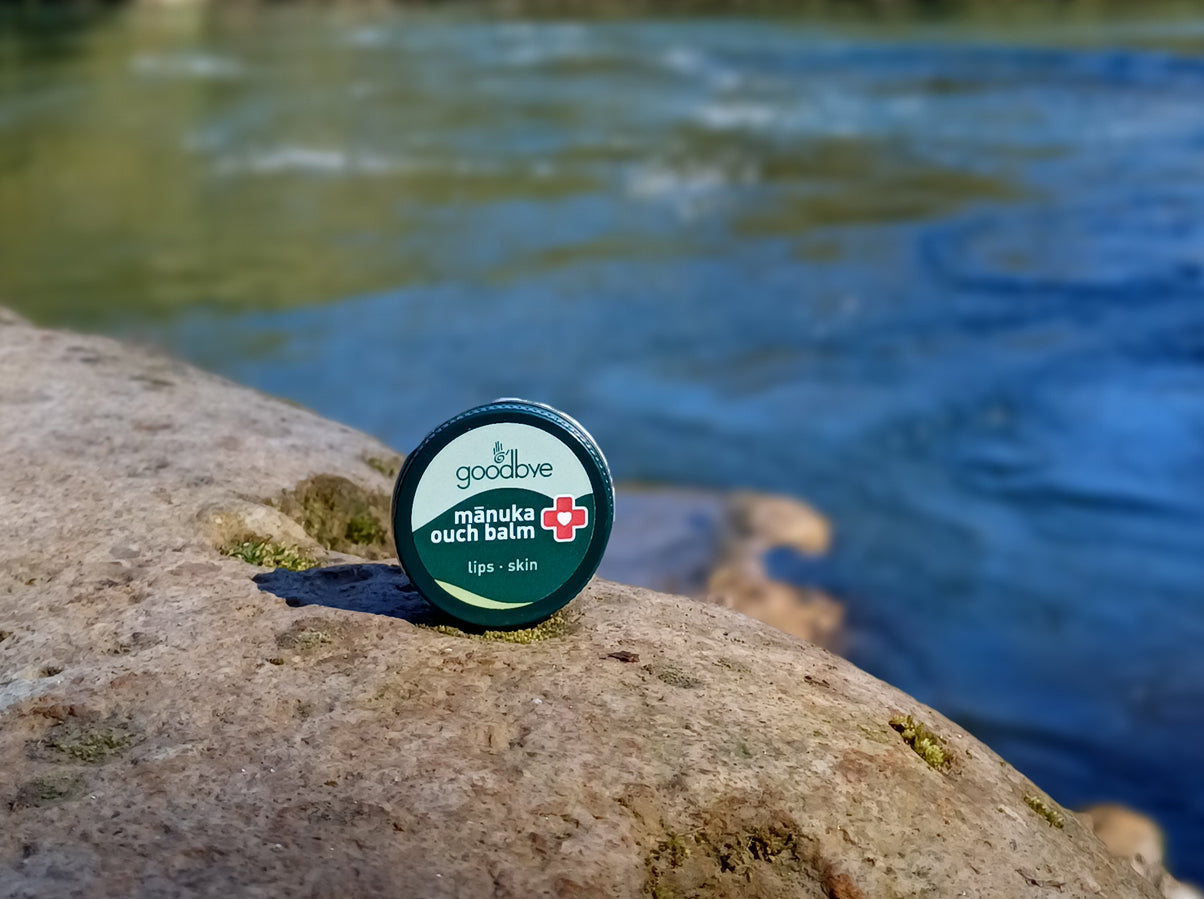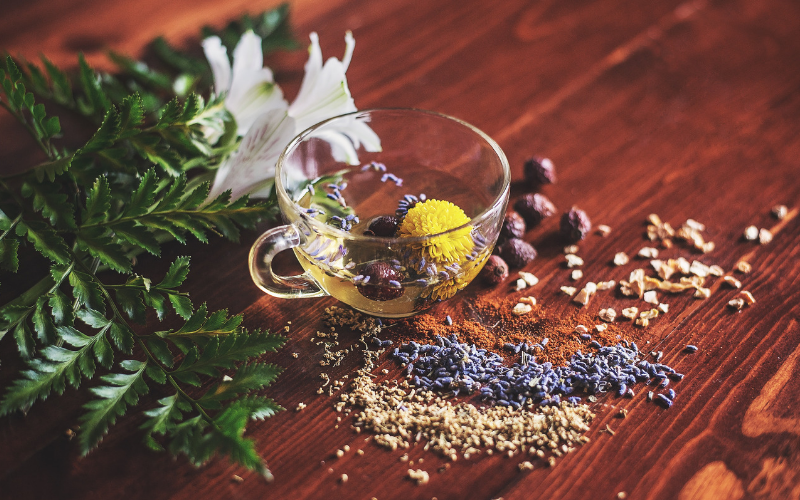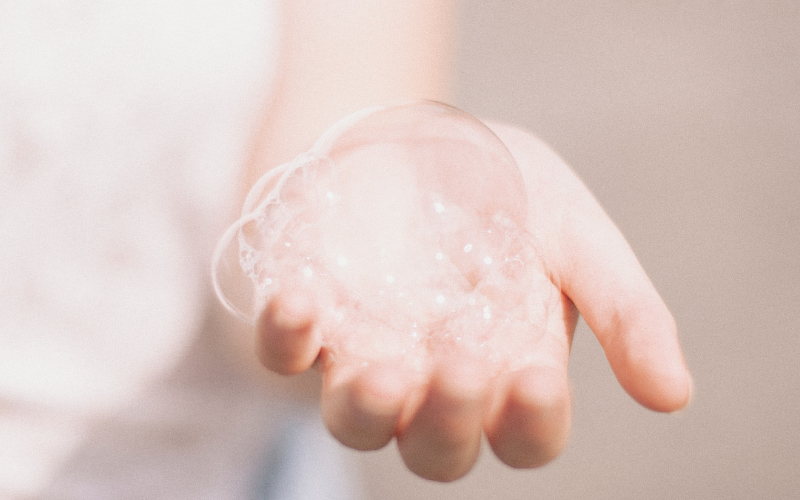The Pharmacy Tree - Neem for Pets
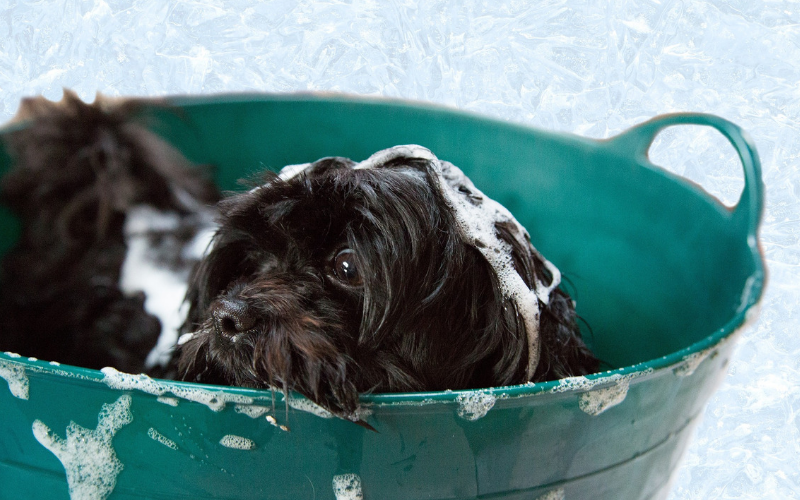
Pet Health Maintenance
by Jules Smith

Fleas are an absolute blight on any pet owner's life. They bite you, bite your family, and make your pet's life a misery.
Treating the problem is not as easy as it might seem. There are many types of commercial flea treatments available but they're insecticides designed to be absorbed through the pet's skin. Many of these treatments have been linked with pet deaths and pet health issues, and you have to wonder how readily these treatments, that last for weeks, can also end up on you and other members of your family.
Some time ago I discovered Neem Oil. I was making handmade soaps and a friend asked me if I could add some to the bars so she could try it on her dog who had sensitive skin and was allergic to fleas (amongst many other things). I hadn't heard of the oil before, but after some research and then seeing the amazing results on her dog, I became a Neem convert. In fact, I started a business developing natural pet products with the Neem soap as my hero product.
Neem is known as the 'Pharmacy Tree' in India where it has been used in Ayurvedic (Indian) Medicine for at least 2,000 years. References to Neem can be found in Sanskrit writings from over 4,000 years ago. Whilst scientists aren't entirely sure how its insecticidal properties work, a number of studies have been undertaken that confirm its effectiveness. They have found that Neem renders insects useless in a number of ways, but primarily it acts as an antifeedant, anti-oviposition, mobility disruptor, and inhibits sexual communication. In other words, when used on a dog, the fleas stop eating, stop laying eggs, stop moving about, and breeding before they drop off to die. Impressive result for something that grows on trees!
Interestingly enough it works in a similar manner on pests in your veggie garden bugs stop feeding on your plants and lay about until they are returned to your veggie patch as nutrients.
Unlike chemical flea treatments, Neem needs to be applied regularly as its effectiveness only lasts 4 to 8 days after it has been exposed to the elements. With that in mind, it is good to know that studies have also shown that the oil can be used regularly and in very low doses; effectiveness on some insects can be achieved with concentrations as low as 1 ppm (part per million).
The benefits of Neem don't end there. Amongst other things, it is also used for skin care and to treat skin disorders. We have found it relieves the redness and itching of irritated skin on dogs, humans, chickens, guinea pigs, and horses. Some claim it lightens scars and according to supermodel Christy Turlington (who has a range of skincare products containing Neem) it has an anti-aging action and helps in the control of acne.
I love the idea of people making their own pet care products if they have the time or the inclination. Here are a few recipes you might like to try:
Neem Dog Shampoo
Add 5mls of Neem oil to 100mls of a gentle shampoo. Wet your dog and work the shampoo into the coat starting with a ring around the neck to create a moat that the fleas can't cross to escape to the safety of the dog's head. Lather up all over the body and rinse.
Neem Spray
Mix 5mls of Neem oil and 1ml detergent to 1 litre of warm water and shake well. Detergent isn't that natural but, unfortunately, it's needed to help suspend the Neem oil in the water. Use this spray on your dog between washes, especially the legs and tummy before you go out for a walk.
Neem Rinse for Cats
I don't advocate you use the Neem Spray on cats, because of the way cats continually groom themselves, the accumulation of ingested oil and detergent isn't recommended. Try this rinse instead. I do know that some cats will put up with a bath (sadly mine won't), but if you have a cat that doesn't mind water, this is a great way of treating them for fleas. Pour boiling water over some Neem leaves, much like you would make a very strong cup of tea. Strain the leaves and add the liquid to a bowl of warm water and bathe the cat.
Goodbye SANDFLY can also be used on dogs, horses, and goats to help keep them more comfortable if they have irritated skin from scratching or bites.


